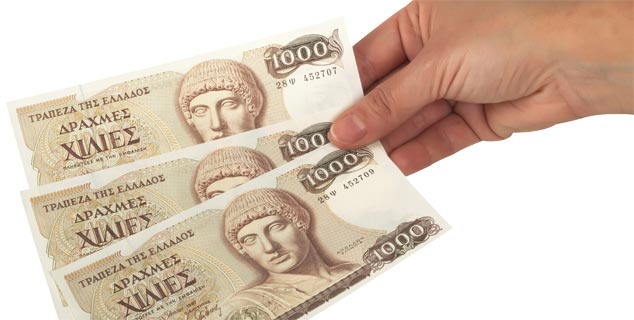
Early this week, Grexit appeared to be “the default position”, says the FT’s Wolfgang Munchau. Barring a deal at this week’s last-ditch summit, which is due to conclude on Sunday, it looks set to unfold as follows.
Grexit was always likely to be the result “not of a clear ‘in or out’ decision, but of a series of incremental developments and decisions that cumulatively and gradually make [it] unavoidable”, says Capital Economics. Put another way, Greece will drift into a situation that at some stage becomes a de-facto departure. It has already made a start with capital controls, since one of the cornerstones of a single European currency and market is the free movement of money.
Meanwhile, the European Central Bank (ECB) has opted to keep the Greek banking system on life support; it would understandably rather have politicians decide when or whether to expel Greece than do so itself. But following the “No” vote in the referendum on whether to accept the previous deal, it tightened the screws by saying Greek banks will have to stump up more collateral to get at its emergency loans. The collateral consists largely of government bonds. But if Greece defaults on a €3.5bn bond payment to the ECB on 20 July, it will surely have to turn off the emergency loan facility. The ECB has even said it could do so in the next few days if there is no deal in sight. In any case, the banking system might have run out of money in a few days as cash machines are being drained.
Then there would be no money in the system. At this stage, Greece could print a new currency – presumably the drachma – to cover its obligations, and Grexit would be complete. It could also try issuing IOUs, or scrip, a temporary parallel currency that it would agree to accept as taxes – and people would take as money. California recently resorted to IOUs, which it made more appealing by offering interest on them. This situation could cover the time it takes to do a deal.
The longer it goes on, however, the more likely the IOUs are to become a permanent currency rather than an emergency bridging measure. “Bad money drives out good,” says economist.com. People would hoard the remaining euros in the system, leaving the monetary system full of IOUs, which would depreciate against the pan-European currency. Then Greece might as well bring back the drachma. Grexit in slow motion would be complete.